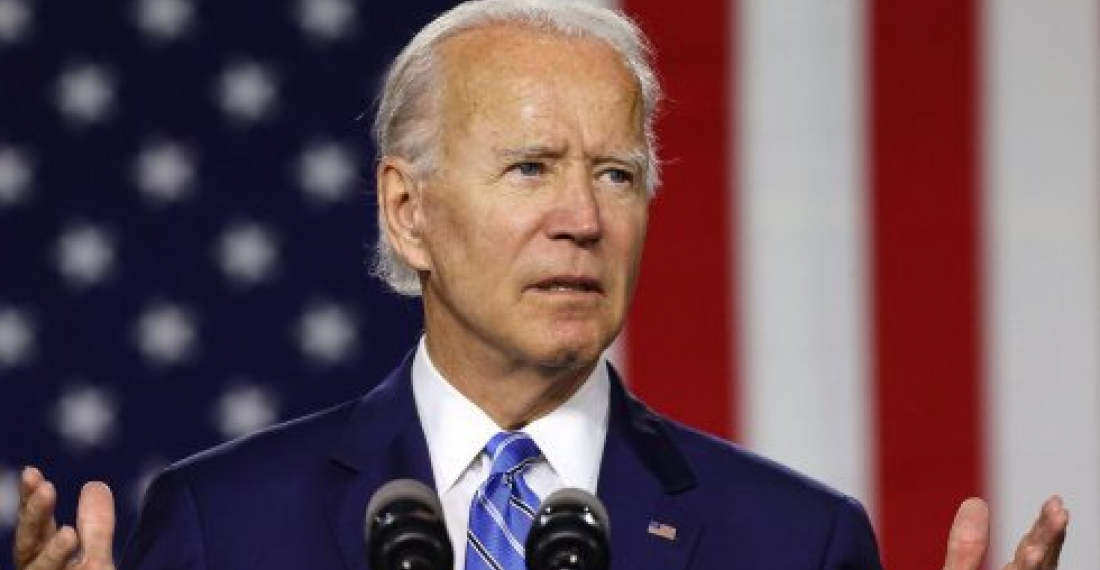Joe Biden has been elected as the next president of the United States. The American people and the world have been waiting for days as counting slowly proceeded in a number of marginal states where the vote was close, but at around 1730 CET, the main US networks, including CNN finally declared the election a Biden victory.
Joe Biden is 78 years old and is a catholic.
Whilst the vote in the electoral college was close, Biden has won with a margin of several million votes nation wide. He has actually secured more votes than any other US presidential candidate in history.
The election was marked by a bitter election campaign, with incumbent president Donald Trump, alleging wide-spread election fraud, but being unable to offer any proof.
Kamela Harris will be the first woman of colour to occupy the post of Vice president.
source: commonspace.eu







